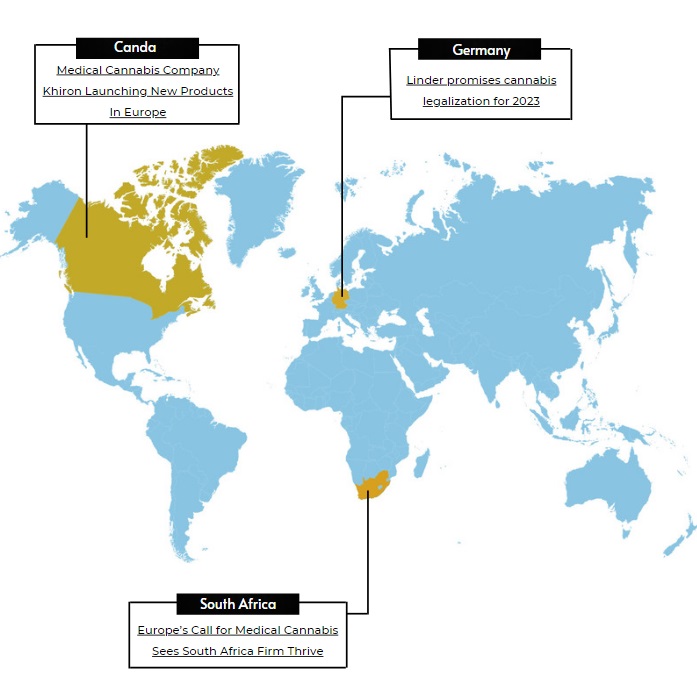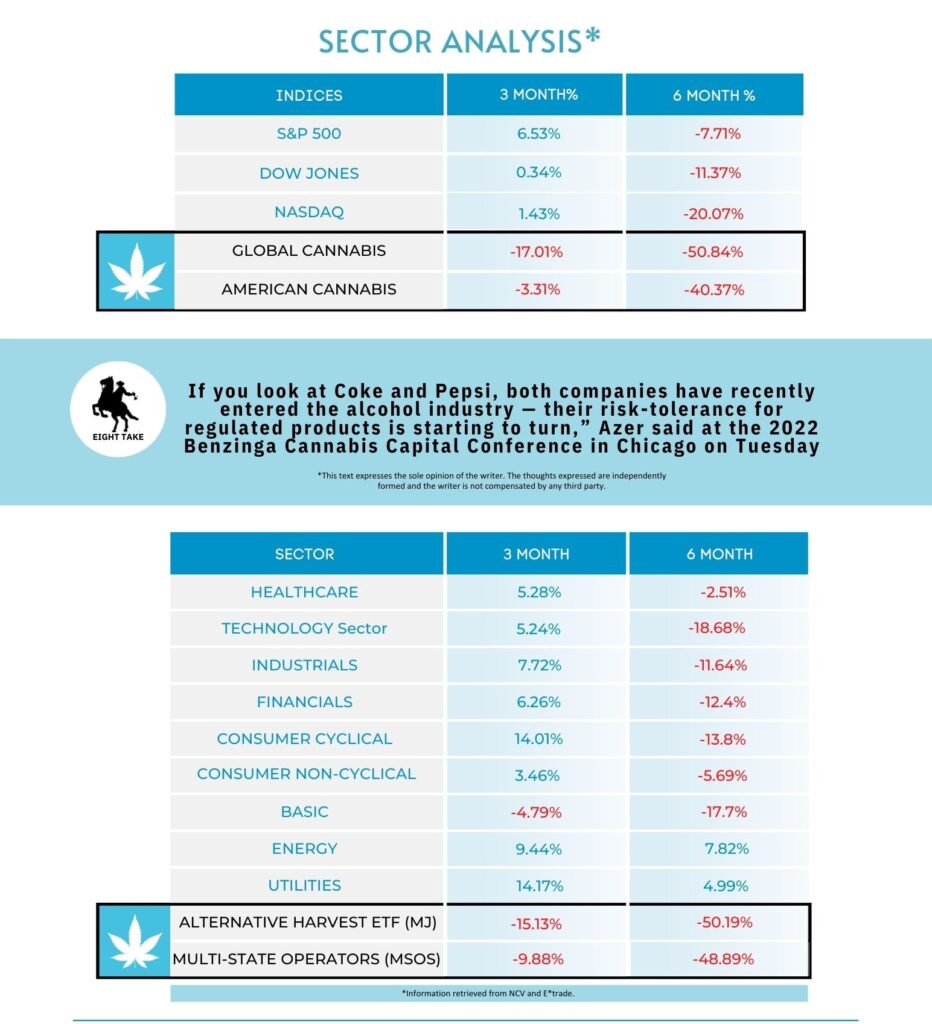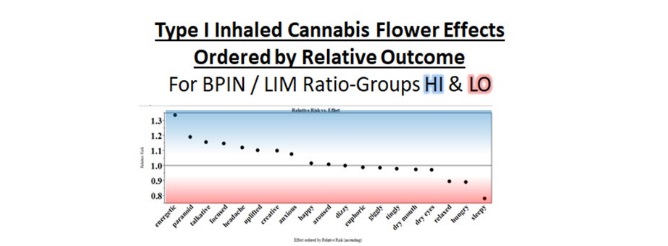Part IV – Community Reported Outcomes
Validating Cannabis Effects
According to a report on the Health Effects of Cannabis (2017 National Academies of Science), Cannabis use has steadily increased over the last twenty years. From many sectors of the population, data on Cannabis use is accumulating. Yet, predictive analysis of Cannabis products has proven elusive. The holy grail of Cannabis retail sales is letting the consumer know what to expect from a particular variety of flower or ingested product. As a solution the Dosing Project sources data from Community Reported Outcomes (CRO) to predict Cannabis effects.
Randomized controlled trials (RCT) require standardized, stable products to be tested against other standardized products. The chemically variable Cannabis is not well suited for RCT.Standardized Cannabis products are rarely consumed by communities. Therefore, RCTs involving Cannabis lack external validity. As well, RCTs are intensive, expensive interventions.
As a solution, the CESC’s Dosing Project attests to the real-world effects of Cannabis products through non-interventional study. The approach reduces costs and increases the speed at which evidence is generated. Additionally, the Dosing Project serves as a precursor to RCT when more specific drug development is indicated.
In earlier analysis, distinct ratios of Cannabis terpene content were used to categorize Type I Cannabis into subtypes (See The Dosing Project, Part III – Cannabinoid Playbook). Cannabis plant aroma and terpene content led to the discovery of two surrogate terpene markers. Subsequently, the Dosing Project turned to open-sourced community reviews from an online Leafly survey. The data from Alethia et al (2019)1 characterized over eight hundred Cannabis samples by evaluating the relationship between their effects, perceptual profiles, and chemical compositions. The authors concluded, “While cannabinoid content was variable even within individual sample, terpene profiles matched the perceptual characterizations made by the users and could be used to predict associations between different psychoactive effects.”
We explored the aggregate of sample results and consumer survey data to quantify the extent that surrogate terpene markers (specifically, the Beta-Pinene: Limonene Ratio Group) might predict effect. In the graph below, the relative outcome of descriptors garnered from the data describes the effect of High Beta-pinene: Limonene Ratio Group Cannabis.
Based on the analysis, energetic, paranoid, and talkative are common descriptors when smoking High Beta-pinene: Limonene Ratio Group Cannabis, whereas relaxed, hungry, and sleepy are associated with smoking Low Beta-pinene: Limonene Ratio Group Cannabis. As a result, we describe an association between word descriptors and Cannabis terpene content. Our initial conclusion that surrogate terpene markers predict the effects from inhaled Cannabis flowers is supported.
The analysis of Community Reported Outcome (CRO) proves useful when Cannabis products are accessible yet require validation. CRO enables product characterization and can be interpreted to predict Cannabis effects. CRO analysis saves time and expense, serving as precursor to traditional Randomized Controlled Trials.
SAFE Banking may soon be available for the Cannabis Industry. The CESC mitigates risks by validating your Cannabis products for banking compliance and scientific underwriting.
The CESC is a non-profit organization that relies on community support for its ongoing investigations. DONATE to Cannabis Science For more information visit the CESC at www.thecesc.org.
1 Over eight hundred cannabis strains characterized by the relationship between their psychoactive effects, perceptual profiles, and chemical compositions Laura Alethia de la Fuente, Federico Zamberlan, Andres Sanchez, Facundo Carrillo, Enzo Tagliazucchi, Carla Pallavicini (2019).
Editors’ Note: This is an excerpt from our Monthly Playbook. If you would like to read the full monthly playbook and join the thousands of others you can sign up below.









